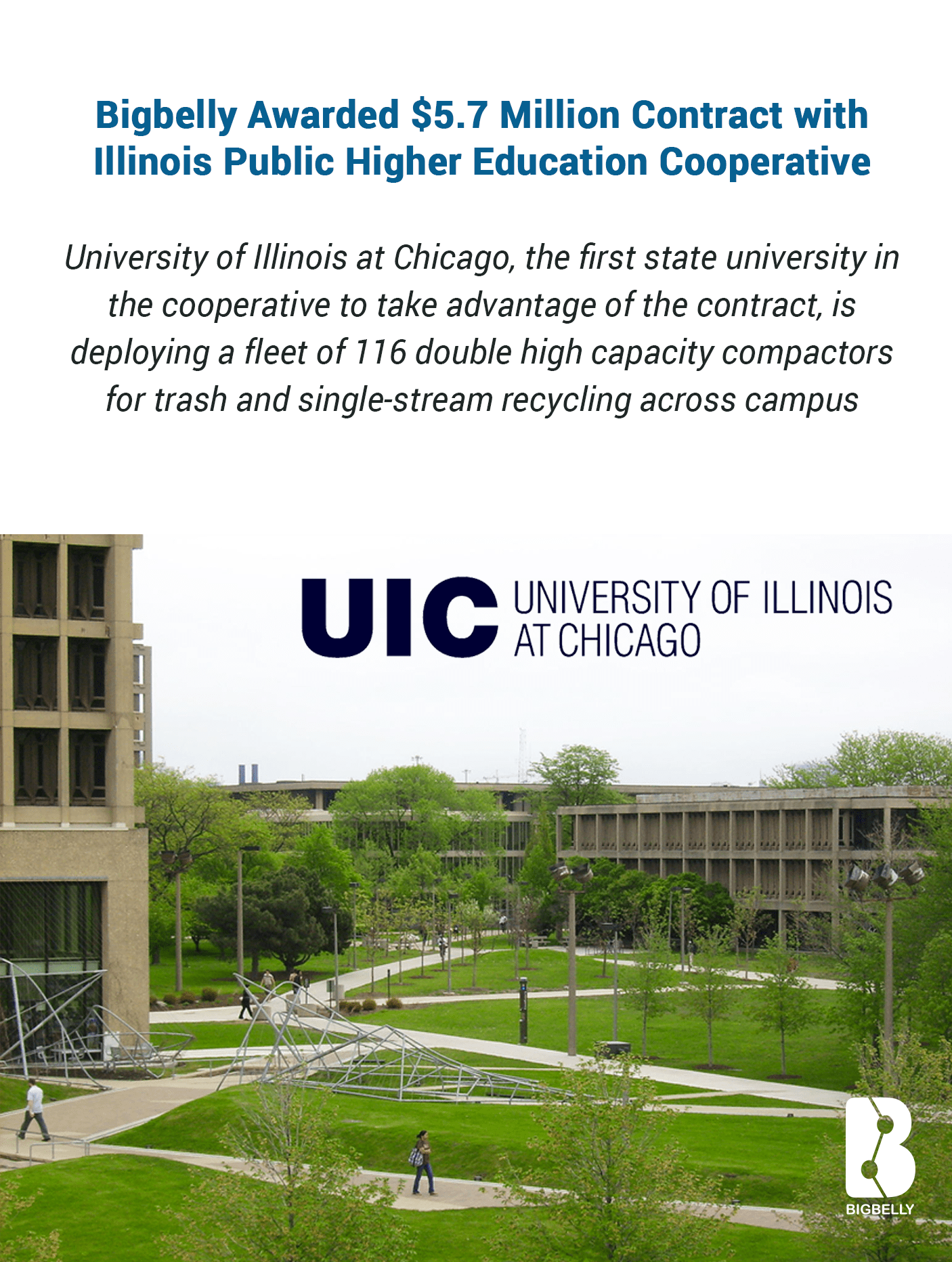“Trash bin Wi-Fi” – It may sound like a fictional invention from a sci-fi movie… but it’s here today.
Trash is, and always has been, a core service that needs to be delivered to a community, retailer, or campus. Bigbelly modernizes this core service delivery by providing smart, compacting, solar-powered stations that hold more and optimize waste management practices and routine across the world. The connected system communicates over cellular networks to report its real-time status into a centralized software which sends notifications and logs data for analysis and reporting.
Wi-Fi and connectivity in general are now considered another core service that consistutents and customers expect. Communities, facilities, and retailers are turning to existing infrastrcuture and connected platforms that are already deployed today for answers. How can a platform be exnteded and multi-pruposed to provide more value and services?
As covered and published on Wi-Fi Now, Orchard Road – one of Singapore’s busiest areas, a retail and entertainment hub – exemplifies the use of Bigbelly as a multi-purpose platform. Used as both the smart waste system as a Wi-Fi hotspot, Bigbelly is helping Orchard road “improve productivity, cut down on waste collection, and eliminate overflowing bins” all while providing Wi-Fi connection for lingering pedestrians and shoppers. Read on to learn more…

Photo Credit: Wi-Fi NOW
A Singaporean pilot project that has equipped public trash bins with Wi-Fi APs is so popular that its leaders are now looking for ways to provide more bandwidth to accommodate a surge in users. The project is using the power generated from solar-powered trash compactors, addeding Wi-Fi APs for public Internet access. It started last year with a trial of 10 bins on Orchard Road, Singapore’s busiest shopping street. Project leaders said that the containers work well to improve productivity, cut down on waste collection, and eliminate overflowing bins. The Wi-Fi service is also popular – so popular that the system now needs more bandwidth.
Trash bins: A backhaul challenge
The technology originates with Bigbelly Solar Inc., a US-based waste-management company. Smart sensors with 3G SIM cards help detect when the bins are full and send mobile alerts to city cleaning staff to empty them. They are solar-powered, with batteries to store excess power for nighttime operations.
As a pilot project, the bins on Orchard Road also contains integrated Wi-Fi APs from RansNet Singapore. The idea was to place APs in each container to provide Internet for shoppers and tourists at up to 30-meters away and outside malls along Orchard Road. The APs get their power from the batteries in the bins. The setup was brilliant and shoppers hopped on the network as soon as they hit the street. […]
Terra Sol, the company leading the project, partnered with AdZtream and Digimatic Solutions allow Orchard Road retailers to provide promotions to consumers who log on to the local Wi-Fi network. “Wi-Fi advertising in high footfall areas can help bring relevant brands better marketing outreach compared to outdoor advertising,” says Jozua Lee, Managing Director of Digmatic Solutions. “We see a lot of potential in how the brands that have a presence on Orchard Road can utilize this new initiative to improve their promotional outreach.”
Smart Cities use existing infrastructure
Forty-thousand Bigbelly bins are already in use across more than 100 cities globally. According to an article in Forbes, Bigbelly recently changed its business model from “selling a product—waste and recycling stations—to selling a subscription-based service that could include Wi-Fi access, sensors, and digital advertising.”
It’s part of an ongoing smart city trend to use a city’s existing resources and make them more intelligent. In New York City, LinkNYC takes old phone booths and turns them into Wi-Fi kiosks. Other places use streetlights for hotspots. In India, it’s bus shelters. The added use is especially beneficial when working with multiple government agencies. In Singapore, the waste management angle of the project could please the country’s environmental agency. The Wi-Fi was a bonus to the tourist board. […]
Source: Wi-Fi NOW by Stephanie Kinch



